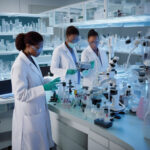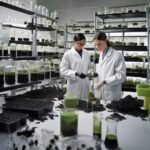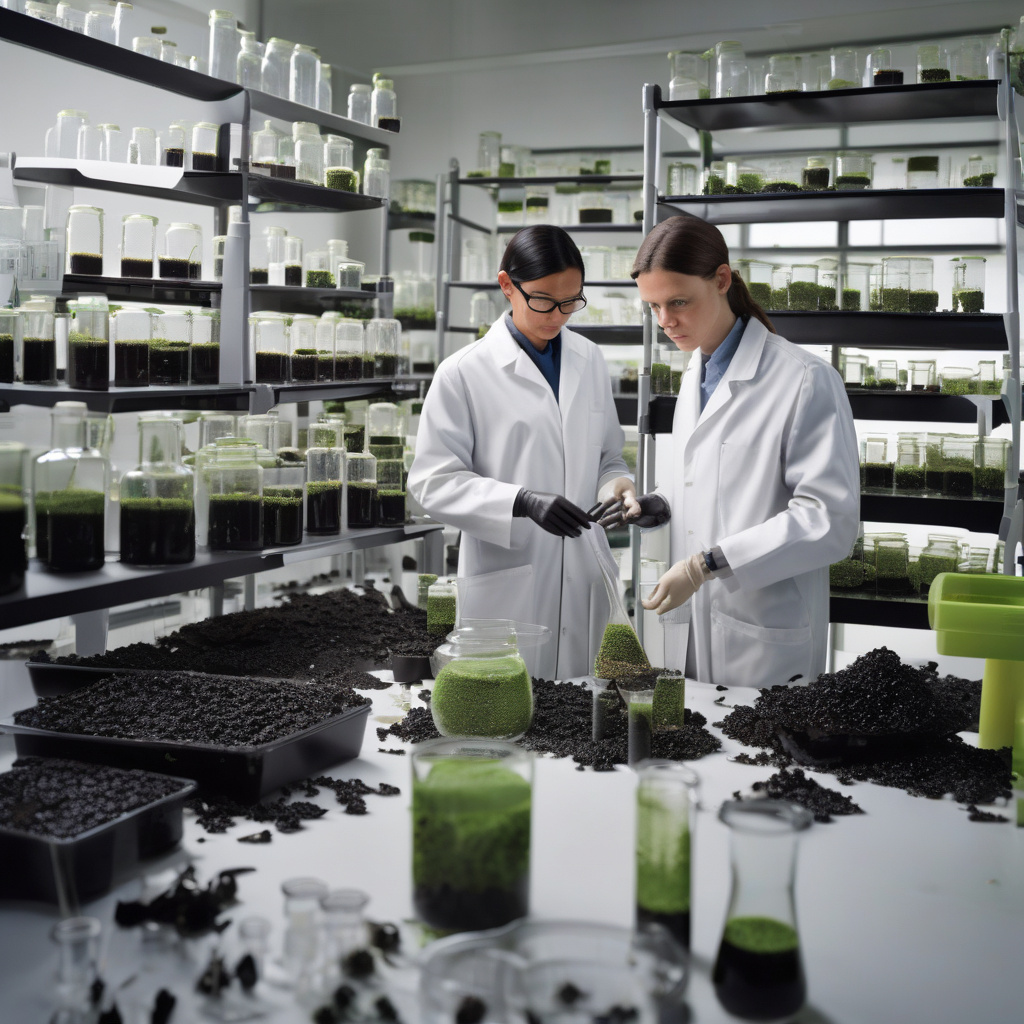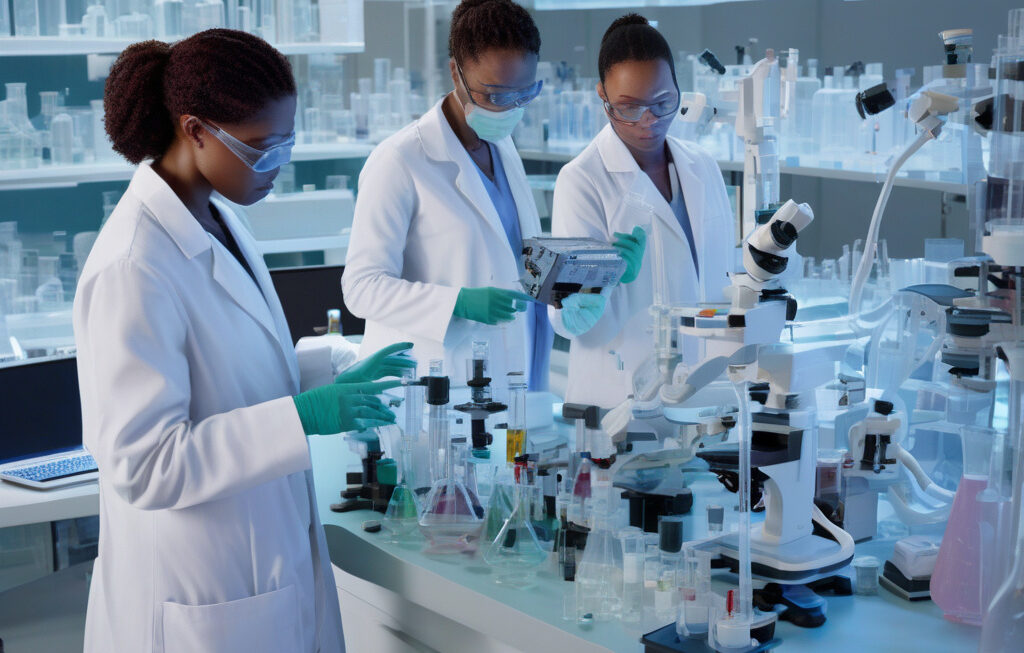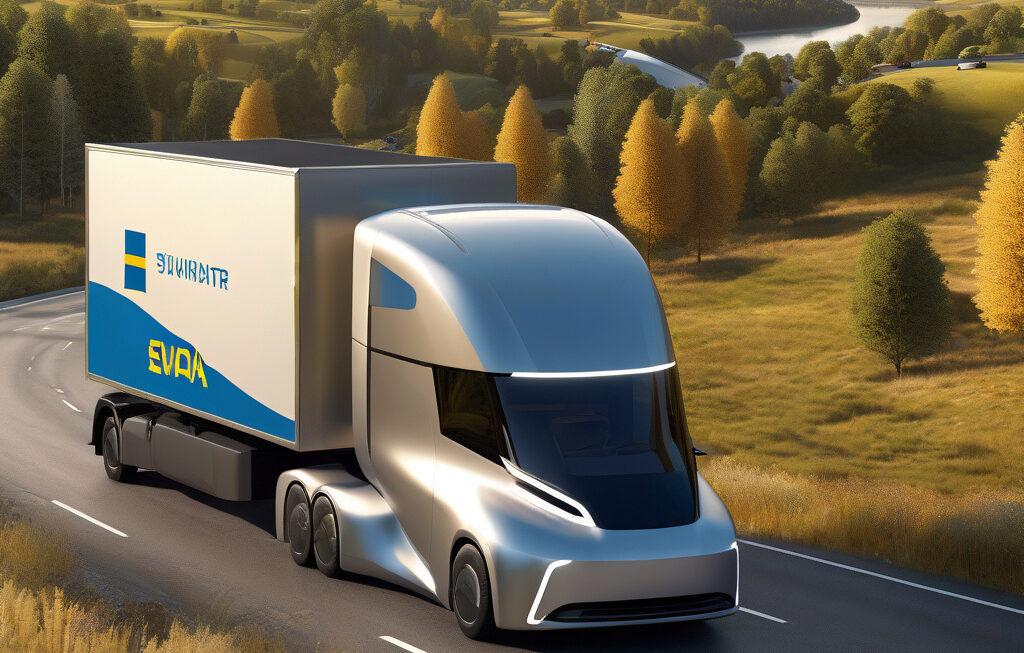Engineers Grow Edible Plastic from Worthless Waste Using Black Yeast-Like Fungus
A new German startup has recently come up with a groundbreaking way to turn industrial waste into a valuable resource by harnessing the power of black yeast-like fungus. This innovative approach not only helps in reducing waste but also provides a sustainable solution to the ever-growing plastic pollution problem.
The startup, led by a team of passionate engineers and biotechnologists, has developed a process that involves fermenting organic waste materials with a specific strain of black yeast. This fermentation process transforms the waste into a biodegradable and edible form of plastic that can be used in various applications, from packaging to 3D printing.
One of the key advantages of this technology is its environmental impact. Traditional plastics are derived from fossil fuels and can take hundreds of years to decompose, leading to significant pollution and harm to wildlife. In contrast, the edible plastic produced from black yeast-like fungus is biodegradable, meaning it can break down naturally without causing harm to the environment.
Moreover, the use of industrial waste as a raw material for plastic production helps in reducing the amount of waste that ends up in landfills or oceans. By repurposing waste materials, this innovative process not only reduces environmental pollution but also contributes to a circular economy where resources are used efficiently and sustainably.
The edible plastic produced from black yeast-like fungus is not only environmentally friendly but also safe for consumption. The fungus undergoes a thorough purification process to ensure that the final product meets food safety standards. This opens up possibilities for using the edible plastic in food packaging, where it can replace traditional plastics that may leach harmful chemicals into the food.
Furthermore, the versatility of this edible plastic makes it suitable for a wide range of applications. From single-use cutlery to sustainable packaging materials, the possibilities are endless. The edible plastic can also be customized for specific properties, such as flexibility or durability, making it a viable alternative to traditional plastics in many industries.
As consumer demand for sustainable and eco-friendly products continues to grow, innovations like the edible plastic produced from black yeast-like fungus are paving the way for a greener future. By reimagining waste as a resource and harnessing the power of nature, engineers are not only addressing the plastic pollution crisis but also creating new opportunities for sustainable innovation.
In conclusion, the development of edible plastic from worthless waste using black yeast-like fungus represents a significant step towards a more sustainable and circular economy. By combining technology, biology, and innovation, this German startup is demonstrating how creative thinking can lead to impactful solutions that benefit both the planet and its inhabitants.
environment, sustainability, innovation, plastic pollution, circular economy


